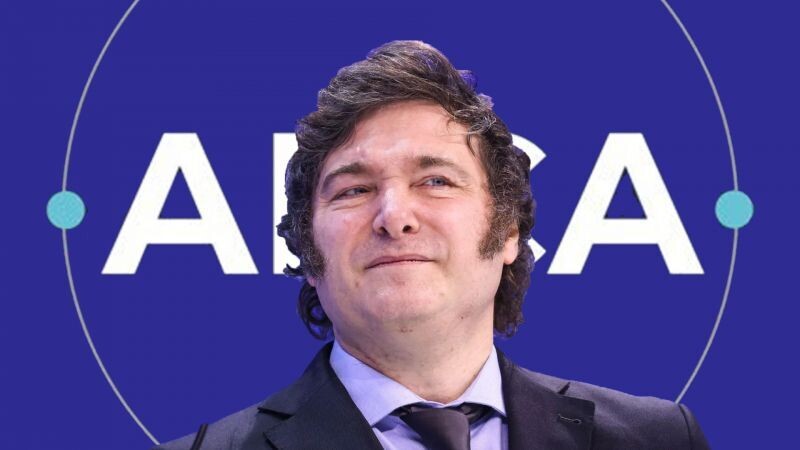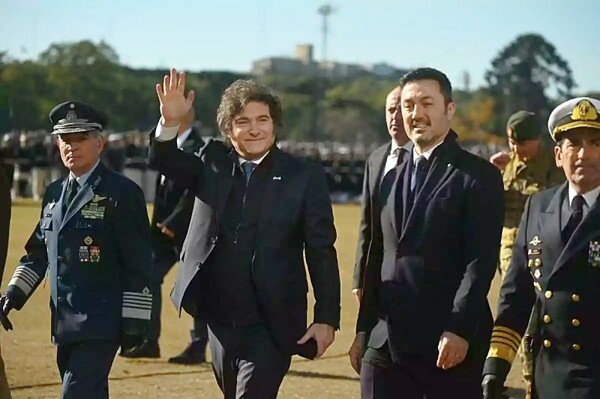
A group of deputies submitted a file to the Federal Criminal and Correctional Court No. 2, led by Judge Sebastián Ramos and Prosecutor Carlos Alberto Rívolo, arguing against the intention of the National Executive Power to approve, through a Decree of Necessity and Urgency, an agreement with the International Monetary Fund. The legislators believe that this violates constitutional clauses and Law 27.612, known as the 'Guzmán Law', which establishes that borrowings in foreign currency under foreign law must be approved by Congress.
According to the deputies, although the DNU has not yet been published in the Official Bulletin, they have the power to report 'preparatory acts' as abuse of authority and violation of public official duties. Meanwhile, the Government argues that it is necessary to adopt measures to stabilize the macroeconomy in the reconstruction of the country.
The new Extended Fund Facility program with the IMF aims to cancel debts of the National Treasury held by the BCRA and public credit operations within the next four years. The Government emphasizes that Congress does not have the authority to approve the terms of an agreement with the IMF, only the public credit operation through a law.
The decree establishes that the Executive will subscribe to the necessary instruments to comply with the agreement with the IMF and may delegate those powers to the Ministry of Economy. The measure seeks to stabilize the macroeconomy and strengthen the reserves of the Central Bank in a context of financial urgency.
The signing of the DNU generated immediate reactions in the political and economic sphere. While the Government defends the issuance of the decree as justified by the serious economic situation, some opposition legislators question the need to resort to a DNU instead of subjecting the agreement to parliamentary debate.
Decree 179/2025 approves public credit operations contained in the Extended Fund Facility Program to restructure the debt with the IMF and cancel liabilities of the National Treasury with the BCRA. The agreement will have an amortization period of ten years and a grace period of four years and six months. The received funds will be exclusively allocated to the cancellation of the Treasury's debts with the BCRA and the IMF.
In this context, a legal complaint has been filed in federal courts against the DNU that will allow a new agreement with the IMF. The measure aims to cancel urgent debts of the National State with the BCRA and the IMF to stabilize the Argentine economy.














